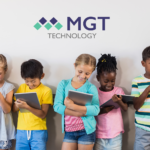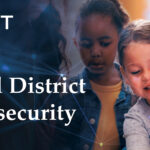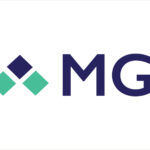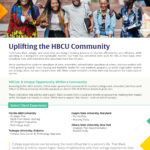We recently sat down with Rajeev Bajaj, Executive Vice President, and Karinda R. Barrett, Ph.D., Vice President of MGT’s Education Solutions team. We asked them questions about unfinished learning and how to find new, high-quality learning opportunities to enhance student success.
PART 1: SETTING A NEW BASELINE TO FOCUS ON STUDENTS FIRST
Q: How do we make up for the losses experienced by students during the pandemic academically, socially, and emotionally? How can we address unfinished learning and reimagine education?
Rajeev: My place to start on this is with deep gratitude for the work that educators and education leaders are doing well. They have been with our healthcare workers, front and center, in navigating and supporting students and families through unprecedented times. There’s a lot of gratitude for how they’ve been able to thoughtfully continue the work that’s needed to support students in classrooms, in virtual settings, and in a variety of settings, particularly in the last two or three years.
On the topic of unfinished learning, we’re setting a new baseline. We need to meet students and families where they are today to better understand. Gaps to me, don’t fully capture the full set of needs and assets students do have holistically — academically, socially, and emotionally ― you can’t decouple those things. It’s all connected.
From an academic perspective, we should be focusing on rigorous grade-level content. Our students have shown significant resilience in different ways, and we shouldn’t assume that they’re not up to the challenge of all rigorous content and strong deep intellectually curious work that was going on before the pandemic, such as individualized plans and support models, which was long overdue.
Our students are filled with so much potential. We need to take the wonderful joy, curiosity, intellectual pursuits, and passions they have, and design the set of academic and learning opportunities that go from there.
Karinda: We should think about the social-emotional impact because the pandemic caused more of an impact than we realize. The students need to be comfortable before their brains can be open to learning and so we need to create that environment.
There is a lot of pressure on academics and the gap in learning. We must understand what and where those are. As a country, we tend to push forward faster. We need to enhance the rigor that you’re talking about, making sure that students have the competencies. We know that the more time that students spend and/or practice academically, they struggle, but not in a bad way. There’s that productive struggle where students get to roll up their sleeves and get in with the academics to understand. In the work that I did as a teacher, educators focused on: 1) ensuring students have what they need to be comfortable in the environment so that they’re open to learning; and 2) building on those competencies to make sure that students have the depth of the knowledge that they need in an area before they move on.
That’s particularly important with math and science because those foundations are so incredibly important.
Our students are so much more resilient than we are. Our students are back up and running and loving being in this new mixed environment with the opportunities that they have. We can help students be in a place where they can focus.
Let’s upgrade potential moving forward. The focus is on how we help students socially and emotionally, where they can focus and have the joy of learning. Sometimes we forget how exciting it is to unwrap and learn something new and then get to share it with other people. Focusing on learning can be a great place to start.










